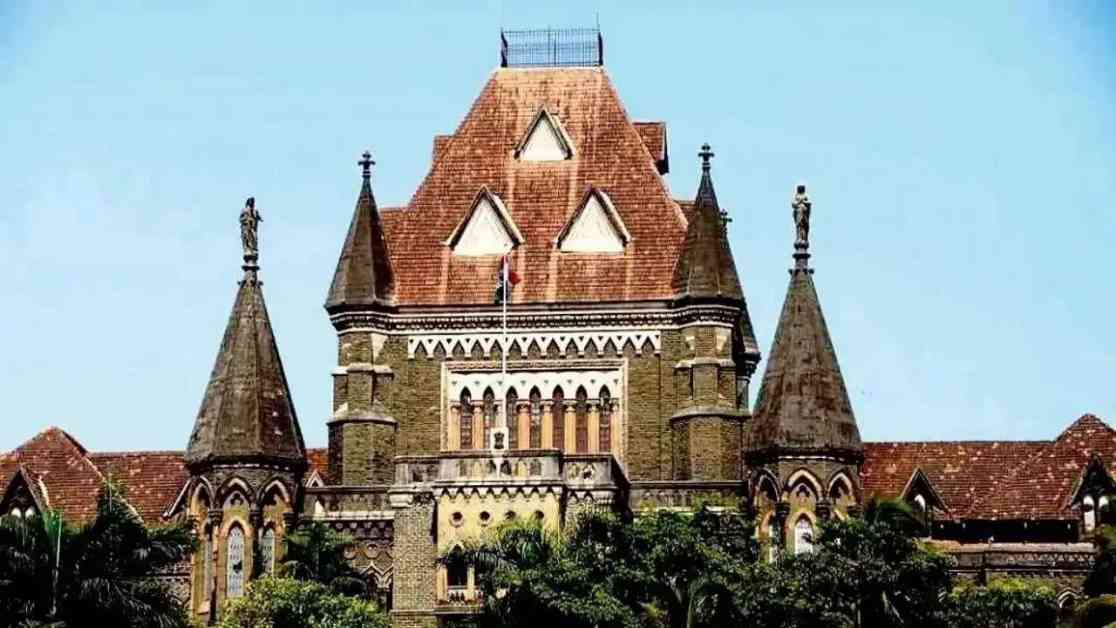The Bombay High Court (HC) recently criticized the Maharashtra government for its decision to reduce and waive arrears from the organizers of the Indian Premier League (IPL) cricket matches for police deployment. The court questioned the rationale behind this move, especially in light of the government’s practice of increasing water tax charges on slum dwellers. The court pointed out that while the government was quick to raise taxes on vulnerable populations, it was lenient towards “cash-rich” cricket organizers.
A public interest litigation (PIL) filed by activist Anil Galgali challenged the Maharashtra government’s decision to lower the rate for police protection provided to IPL T20 matches with retrospective effect from 2011. The petition highlighted that the Mumbai Police had asked the Mumbai Cricket Association (MCA) to pay Rs 14.82 crore for providing security during IPL matches held between 2013 and 2018 at the Wankhede and Brabourne stadiums. Despite repeated reminders from the police, the arrears remained unpaid.
The PIL also raised concerns about two Government Resolutions (GR) issued in 2017 and 2018, which outlined the fees to be paid by organizers for police deployment during cricket matches. However, in June 2023, a new GR was issued, significantly reducing the fees for T20 and One-Day matches with retrospective effect from 2011. This move effectively waived the arrears owed by the organizers, including the Rs 14.82 crore owed by the MCA.
In response to the petition, the Bombay High Court directed the state government to justify its decision to reduce the fees and explain the waiver of arrears. The court expressed skepticism about the government’s actions, questioning the rationale behind the reduction in fees and the forgiveness of arrears owed by the cricket organizers. The court instructed the state government to provide a detailed affidavit justifying its decision and disclosing the total arrears to be paid by the organizers since 2011.
The court’s decision to scrutinize the Maharashtra government’s handling of police cover fees for IPL matches highlights the need for transparency and accountability in financial matters. By questioning the government’s actions and seeking justification for the waiver of arrears, the court is upholding the principles of fairness and equity in governance. It remains to be seen how the state government will respond to the court’s directive and whether it will take steps to recover the outstanding dues from the cricket organizers.
In conclusion, the Bombay High Court’s criticism of the Maharashtra government for waiving IPL police cover dues underscores the importance of responsible financial management and equitable treatment of all citizens. As the case unfolds, it will be crucial to uphold the rule of law and ensure that public resources are utilized judiciously for the benefit of all stakeholders. The court’s intervention serves as a reminder of the need for transparency and accountability in governance, especially when it comes to financial matters involving high-profile events like the IPL.




















